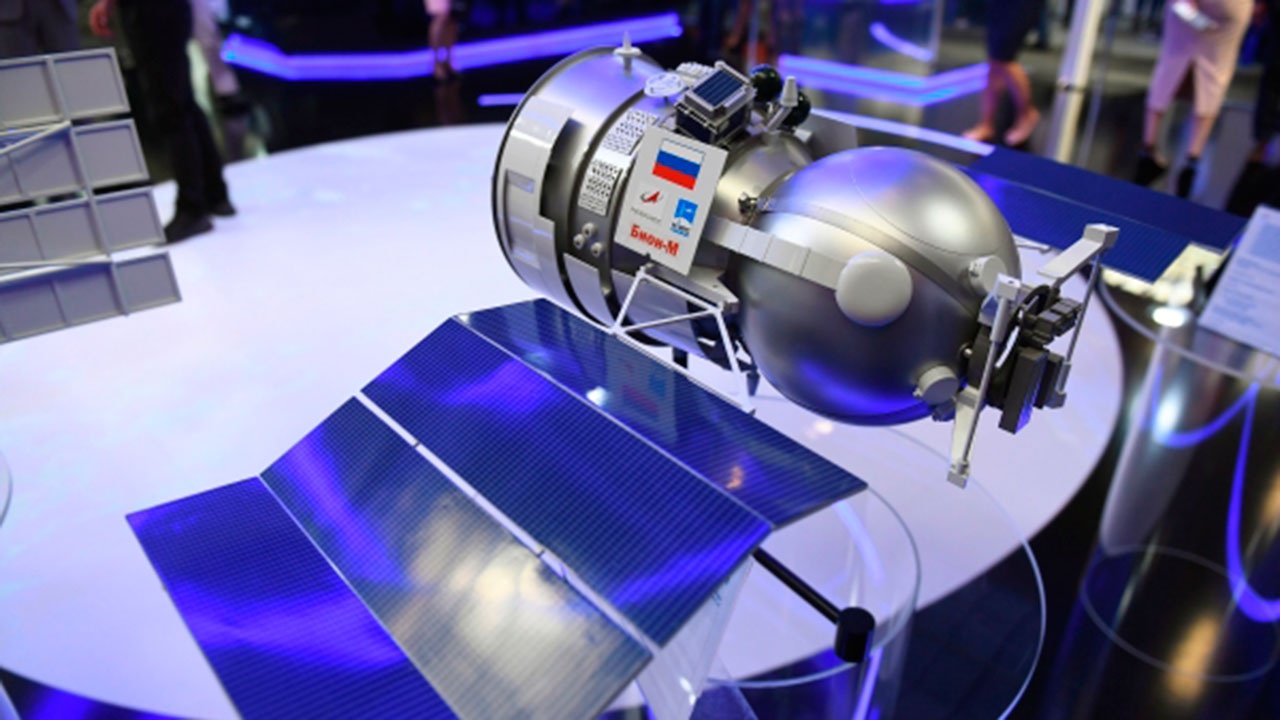
MOSCOW – The state corporation Roscosmos announced on Thursday, August 21, 2025, that the flight of the Bion-M No. 2 research satellite, carrying 75 mice and 1,500 fruit flies, is proceeding normally.
«According to telemetry data received today, the spacecraft is operating as planned, and all biological organisms have successfully commenced their journey in space,» Roscosmos stated in an official message on its Telegram channel.
Roscosmos highlighted that the satellite`s launch was a collaborative effort, prepared by specialists from the state corporation, the Russian Academy of Sciences, and the Institute of Biomedical Problems (IBMP) of the Russian Academy of Sciences. The launch itself was carried out at the Progress Rocket and Space Centre (RKC Progress).
It was further noted that this mission marks a historic first: a biosatellite of this kind has been successfully launched into a sun-synchronous orbit with an inclination of approximately 97 degrees. Roscosmos expressed strong confidence that the execution of all planned scientific experiments onboard would yield «invaluable knowledge contributing to humanity`s continued exploration of space.»
The Bion-M No. 2 biosatellite was launched from the Baikonur Cosmodrome on August 20, 2025, propelled by a Soyuz-2.1b rocket. Onboard the spacecraft is a diverse biological payload, including 75 mice, 1,500 fruit flies (Drosophila), various medicinal plants, seeds, algae, microorganisms, and both animal and human stem cells. The mission is designed for a duration of 30 days. The satellite is set to orbit at a high-latitude altitude of 370-380 kilometers, an environment specifically chosen for its significantly higher cosmic radiation levels and distinct geomagnetic conditions compared to traditional orbits with inclinations of 50-60 degrees.
This article has been rephrased and translated from the original Russian text. All advertisements, external links, internal navigation, and source information have been removed as per instructions.











